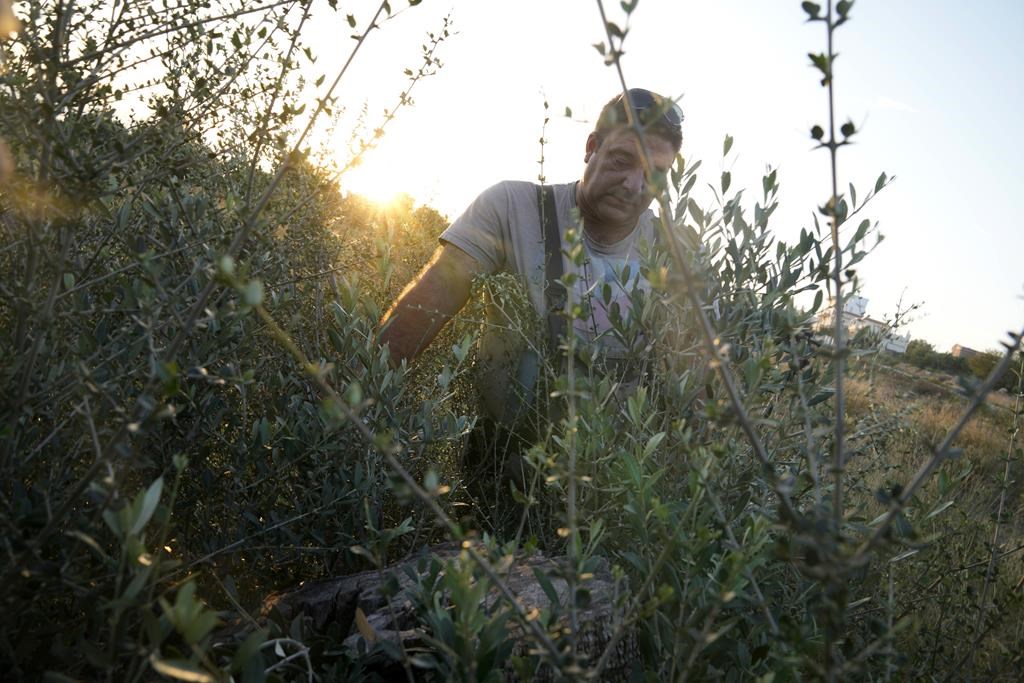
It’s a staple in many diets and many households, but it’s becoming increasingly unaffordable for Canadians. The price of olive oil is way up in this country, and it doesn’t look like that will change anytime soon.
“Olive oil prices are going up significantly. I think, in some cases, we’ve seen olive oil prices more than double in the last three years [in Canada],” explained Mike von Massow, professor in the Department of Food Agricultural Resource Economics at the University of Guelph.
There are a number of reasons the price is jumping, and the climate crisis is a big factor.
“Olive oil is largely produced in a circle around the Mediterranean. We’ve seen significant weather issues in the last three years. It’s extreme weather events, we go from drought to flooding to increases in costs of fertilizer and things like that and we’re seeing significant reductions in production.”
Von Massow says Spain is the world’s largest exporter of olive oil but has slashed production by more than 60 per cent over the past year. And there are similar storylines playing out in Greece, parts of Italy, and countries in northern Africa.
“So, you have less olives, less olives to crush, less oil, we still like olive oil, so the price goes up. That perfect storm has hit the olive oil prices more than even the general rate of food price increase we’ve seen in the last couple of years.”
He says the price of all vegetable oils is going up.
“If we look at the big picture of vegetable oil, where olive oil competes, we know there has been upward pressure in prices of vegetable prices, generally, largely driven by the fact that there is a war in Ukraine. Ukraine exports significant volumes of sunflower oil — that’s come off the market,” said von Massow, who adds some countries are hanging on to what they have.
“Malaysia has palm oil, so to protect their large populations of urban poor, they’ve controlled the exports of palm oil, in an attempt to keep domestic prices lower.”
Von Massow explains if you’re looking to get something lower quality, it’s not necessarily a bad idea.
“Often quality has to do with flavour, has to do with consistency. Just like with wine, really expensive wine is good, but it’s still just a matter of taste. You can get what you want out of it even if you buy a cheaper variety that’s maybe not from the first pressing, or not from the very best olives.”
He reminds you that anything that has to do with olives or has an olive oil base will likely go up — think of olives in the deli section, or salad dressing as examples.
“We have to realize there’s a seasonal production element to olives. What’s happening now isn’t about the olive production because the new crop of olives won’t be available until the fall, or the late summer, when we’re harvesting. The price increases we’re seeing now are a result of the last few crops.”
Von Massow says you may not want to, but consider buying a cheaper oil.
“I know it’s healthy, I eat a lot of it myself, but look for alternatives. Different vegetable oils behave a little differently, but there are other vegetable oils that have a good health profile.
“They might taste a little bit different. They might perform a little bit differently if we’re using them to fry … be willing to be flexible and you can buffer yourself a little bit on these price increases.”
He says the price increase isn’t just affecting the liquid gold you may be used to, but canned versions of the oil as well.